Ask Ethan # 51: Is astrology a science?
And how can you even judge it?
When I was ten years old, I only knew that I hated strange words describing what had happened to my brother. Until now, I think that this was due to the fact that he was possessed by evil spirits that were released in a haunted house that was shown at the carnival that summer. So it is much easier for me to comprehend this than to accept reality.
- Tim Cummings
And again we have the end of the week, and again I went through the questions and suggestions you sent, and chose one to which I would answer in as much detail as my possibilities would suffice. Today this honor is given to Atanaz Z., who is interested in the connection between the stars and our lives on Earth:
Are there any such things from the point of view of science, when the stars line up in a certain way, and so on, and these comments also seem to be “in your forecast for this year it is described what will happen this and that”? Every year from May to August I suffer. Is there any connection between the stars, their location and the lives of people?
This idea was with us all the time of the existence of mankind, and maybe even more than that.
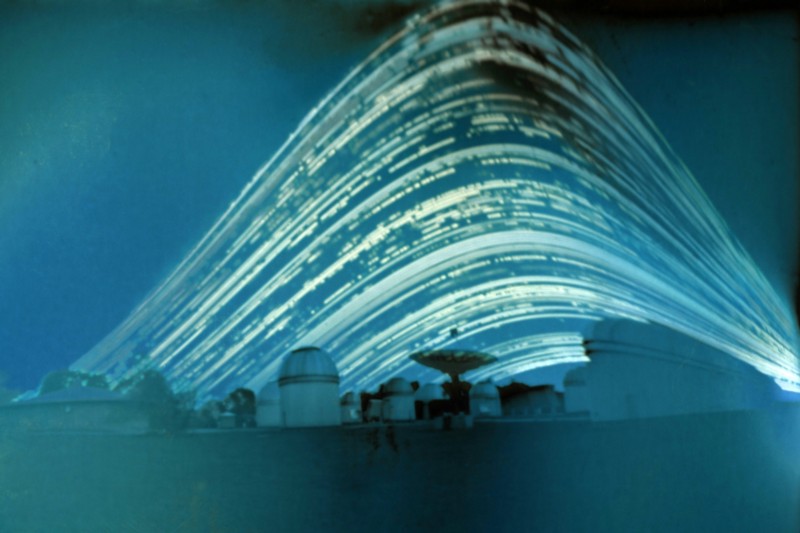
Of course, the star closest to our world, the Sun, is extremely influencing our lives. Days and nights depend on the rotation of the Earth and the visible path of the Sun across the sky, when it rises above the horizon in the east, makes a semicircle to the zenith, and then decreases and sets in the west.
In spring and summer there are more light hours in the day and the sun rises higher. Autumn and winter have less light, and the shortest day happens during the winter solstice.
')
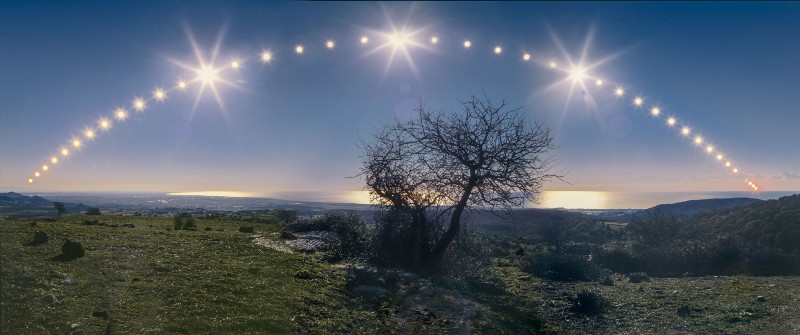
Anthropologists believe that the oldest holiday in the history of mankind coincides with the period that occurs several days after the winter solstice, because it observes the fact that the Sun will rise higher in the sky, and will not disappear beyond the horizon forever, and will give rise to a new year.
But many of us have forgotten because of light pollution, as a result of which the dark sky has become very difficult to find that every night we have the opportunity to observe a unique picture of the night sky after sunset.
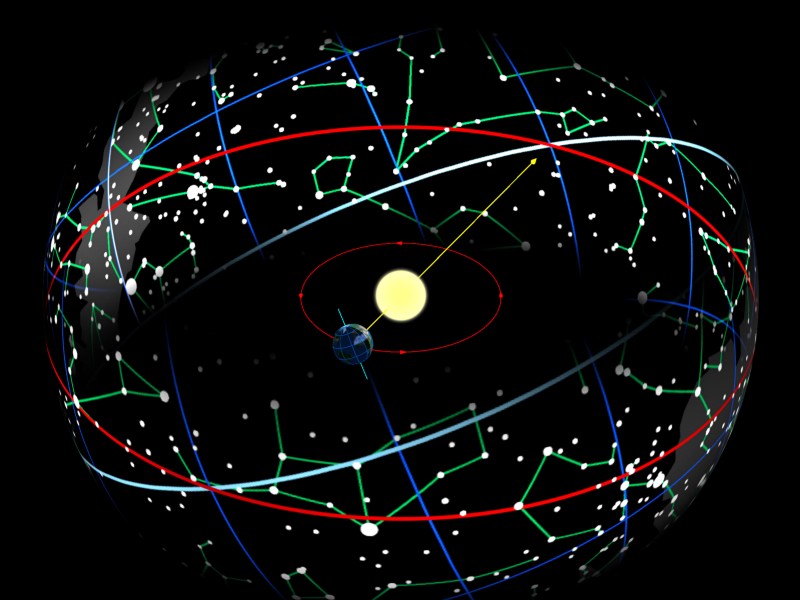
While the ancient people could only see the wonders of the dark night sky, with the help of modern science we can explain why it is. We see different stars and constellations at different times of the year, because the Earth is circling around the Sun with a period of a year. Constellations like Orion are clearly visible from December to March, because it is then that the night side of the Earth looks in their direction, and winter constellations like Lyra and Sagittarius are better seen from June to September.

Before we realized that the stars in the night sky are the same suns as ours, before we realized that even the closest ones are located in tens of trillion kilometers from us, and that the stars that we see in the night sky, are not fixed, but shifted for thousands of years, we thought that:
- Earth was the center of the universe;
- The star canopy revolved around us with a period of one day;
- The various stars and constellations through which the path of the Sun (as well as the Moon and other planets) passed, are responsible for events on Earth.
Reasonable reasoning enough.
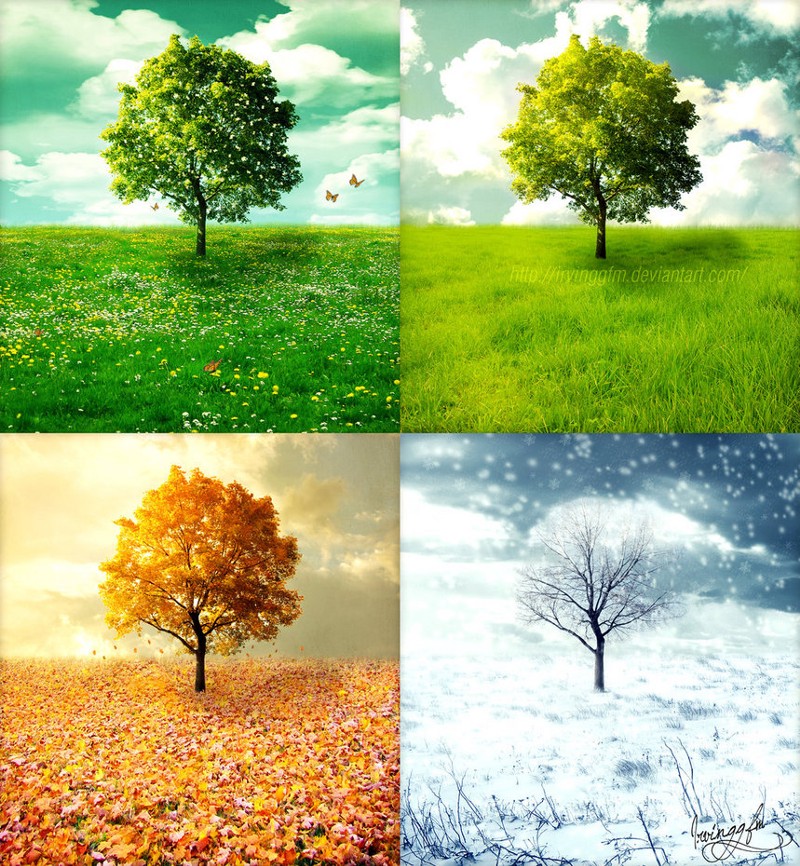
Before the discovery of the tilt of the axis, heliocentrism, or the nature of stars, not to mention the deeper scientific knowledge from the field of biology, how did we know why there are such phenomena as the change of seasons? And, moreover, by observing how people behave differently from year to year or from season to season, or that people born at the same time have similar traits - what would you attribute it to?

To explain the differences, we had different possibilities, including:
- what pregnant women fed on carrying children;
- environmental factors, the area in which people grew up;
- perhaps something simple, like air temperature or weather.
There is also the possibility that the observed differences were not inherent in children, but appear depending on how we deal with them. For example, forcing a child born in January of the selected year to physically and intellectually compete with the same, but born 11 months later, one can expect huge differences in their achievements, although these differences do not come from their internal characteristics.
It turned out that different cultures chose different signs, or signs — the Chinese based their astrology on the year of birth, and the Europeans chose the position of the Sun, Moon and planets relative to the signs of the Zodiac.
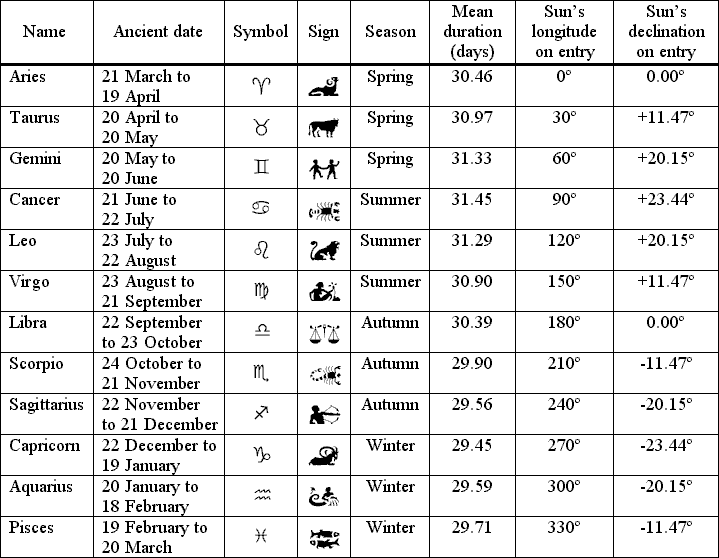
Like many scientific ideas, astrology is based on a reasonable theory and mechanism - the assumption that precisely measured values of the relative positions of celestial bodies can affect everything, from personality to temperament and success.
But in order to become a science, you need not just give a reasonable idea that corresponds to what can be accurately measured. Science is a data set, a process, and among other things it includes:
- the ability to make clear and verifiable predictions;
- the ability to confirm or deny predictions;
- the need to subject them to experimental verification and observation.
If we want to find out if astrology has the quality of science, then we need to demand that it make predictions that can be checked and confirmed or disproved with the help of experiments and observations.
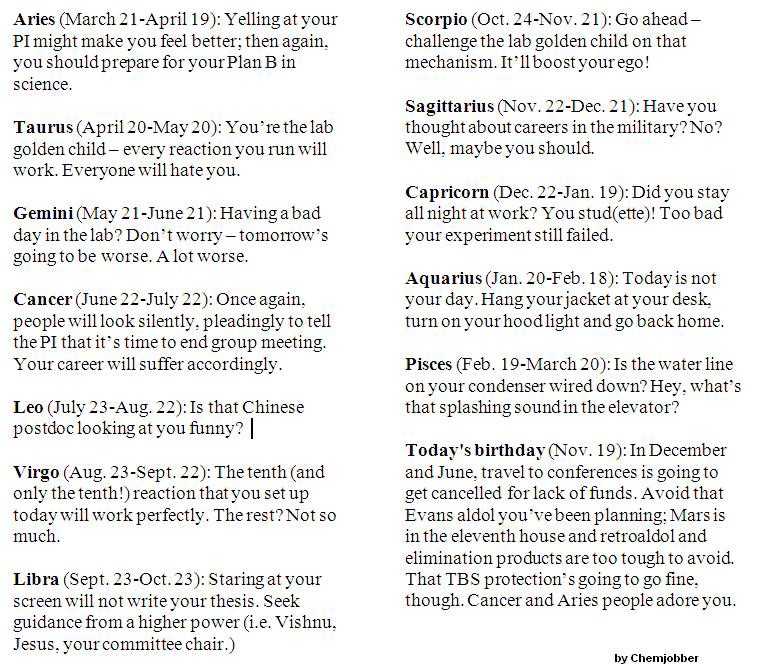
If you are engaged only in the fact that you give out very general predictions that are suitable for anyone - as in a usual horoscope column - it means that you do not fit the criteria of clear and verifiable predictions. But if you, like some of the types of astrology, predict that "people born at some time of the year are more inclined to entrepreneurship," then we expect, for example, a greater percentage of millionaires born under a certain sign. And if your sign makes you "most likely prone to projecting authority and respect," then you would expect that among people with authority and influence, this sign prevails.
Astrology may or may not have a scientific basis, as well as many other hypotheses and ideas (take at least a Myers-Briggs typology), but we can check and figure everything out!
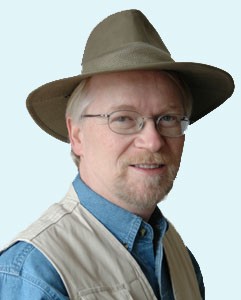
In 1985, a scientist by the name of Shawn Carlson wrote a paper on double-blind testing of astrology (specifically, astrology related to the date and time of birth) and the search for its scientific properties. It turned out that with careful consideration it is impossible to find astrological predictions that are statistically significantly different from chance. It may also turn out that there is something in astrology, but to this day the evidence does not confirm the statements (from simple to surprising) based on astrological theories.
As a result, refutation is what separates real science from pseudoscience. We have a chance to find congenital differences among people born at different times of the year, or in different places, with different diets, at different latitudes, with different environmental factors and stresses, when natural disasters happened or did not happen, etc. Astrology is one of the ideas for explaining innate differences (if any) between people born in different seasons, and this idea is not supported by evidence.
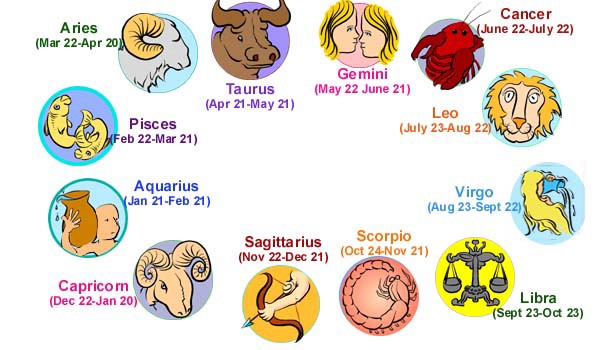
When I first found out about this, this information upset me, as I read in the astrological book that my sign, both on the Sun and on the Moon, is Leo (August 3, 1978, 2:05), and it seemed to me that I was described quite accurately. (Similarly, it seemed to me that my type according to Myers - Briggs describes me correctly by 80%). But how I personally consider how true the description corresponds to me is not good scientific evidence. To get something reliable scientifically, you must have a value that is measured empirically.
Therefore, we can always continue to check it, look for new data, follow the testimonies, wherever they lead. But what we should not do (and it was to protect us from such actions that science was developed) is to believe in an idea because it is very old, because it comes from authorities (Ptolemy and Copernicus were astrologers), or because that we want her to be true. We need to ask her questions, study them with all possible skepticism, and follow the evidence.
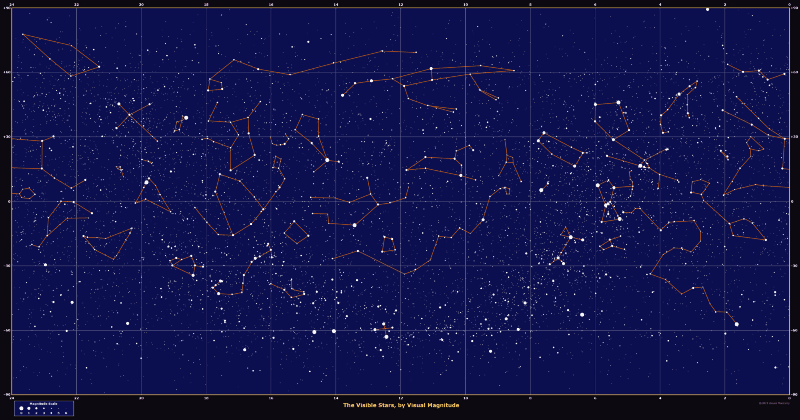
The sun determines the seasons, but not our temperaments, the phase of the moon determines the tides and behavior of some nocturnal animals, but not the menstrual cycles, and the position of the planets affects small changes in their orbits, but not our behavior.
Sorry to disappoint you, Atanaz. If from May to August your life seems complicated to you, there may be a reason for this, but as far as we can judge from a scientific point of view, you cannot blame the stars or anything from another world. Thank you for the good question that made me think and engage in research, and for even more information on the scientific nature of astrology - on Wikipedia there is an excellent article on this topic .
Source: https://habr.com/ru/post/372317/
All Articles